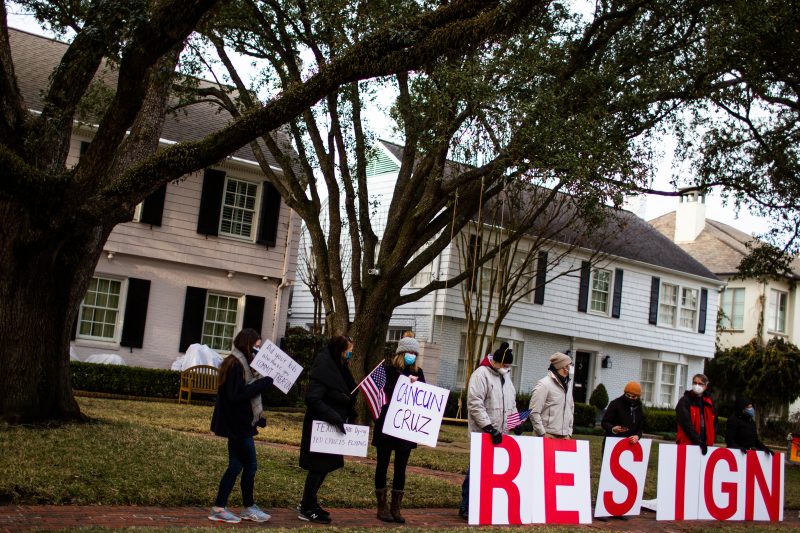The recent surge in calls by politicians to delete social media posts has ignited a heated debate surrounding freedom of expression and government regulation of online content. This controversial issue has drawn significant scrutiny and brought to light the complexities surrounding the delicate balance between individual rights and public interest. In this article, we delve into the various perspectives surrounding the phenomenon of politicians engaging in jawboning tactics to pressure social media platforms into removing specific posts and the implications this may have on the online landscape.
At the heart of the matter lies the question of whether politicians should wield their influence to dictate what is permissible speech in the digital realm. Advocates of stringent content moderation argue that inflammatory or misleading posts can sow discord and pose a threat to social harmony, thus warranting intervention by public officials. Proponents of this viewpoint often cite instances of hate speech, misinformation, and incendiary content that have propagated online and fueled real-world violence or unrest. In their eyes, targeted removal of such content is a necessary step to mitigate harm and maintain a civil society.
On the flip side, critics of political jawboning contend that allowing elected officials to dictate online discourse sets a dangerous precedent that encroaches on individual liberties and undermines the principles of free speech. They argue that the subjective nature of what constitutes unacceptable content opens the door to abuse of power and censorship of dissenting opinions. Moreover, they point to the potential for selective enforcement, whereby politicians may target posts that are critical of their policies or challenge their authority, stifling public discourse and stifling democratic values.
The intersection of technology and governance presents a unique challenge, as traditional regulatory frameworks struggle to keep pace with the rapid evolution of digital communication. While social media platforms have implemented their own content policies and moderation practices, the involvement of politicians in shaping these guidelines raises concerns about undue influence and conflict of interest. The narrative of protecting public welfare can easily be co-opted for political gain, leading to overreach and manipulation of online discourse for partisan objectives.
In light of these considerations, it is imperative for stakeholders across the spectrum to engage in constructive dialogue and collaboration to chart a path forward that upholds fundamental rights while safeguarding against abuse and harm. Transparency, accountability, and respect for diverse viewpoints are essential pillars in navigating the complex terrain of online speech regulation. By fostering a culture of responsible digital citizenship and promoting critical engagement with online content, we can strive towards a more inclusive and democratic online ecosystem that reflects the values of a free and open society.
As we confront the challenges posed by politicians’ calls to delete social media posts, it is crucial to uphold the principles of respect, tolerance, and mutual understanding in our interactions online. By upholding these values, we can cultivate a digital environment that fosters dialogue, empathy, and constructive engagement, paving the way for a more resilient and vibrant online community.
